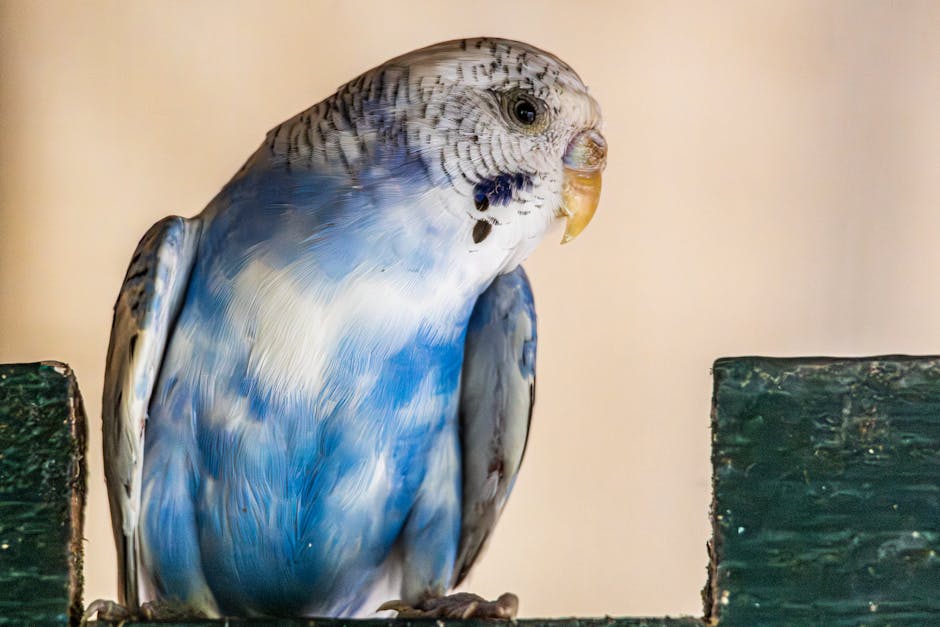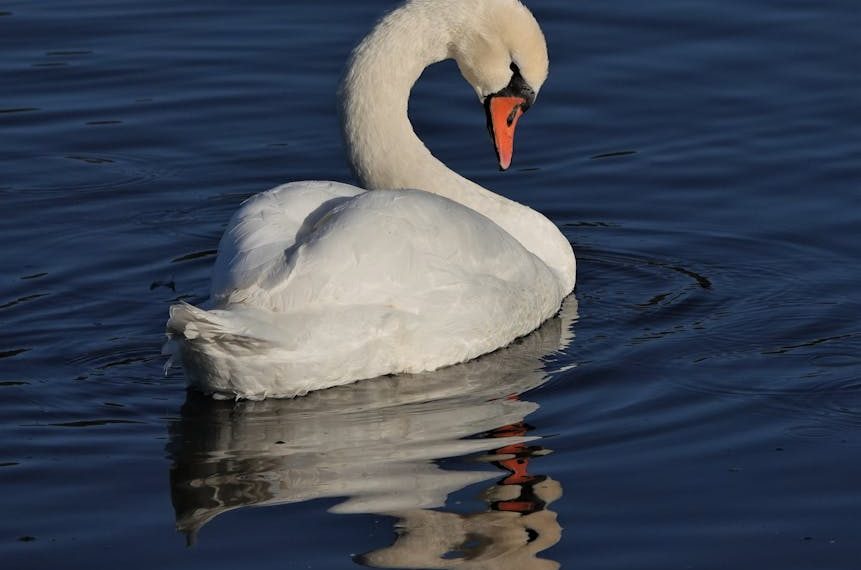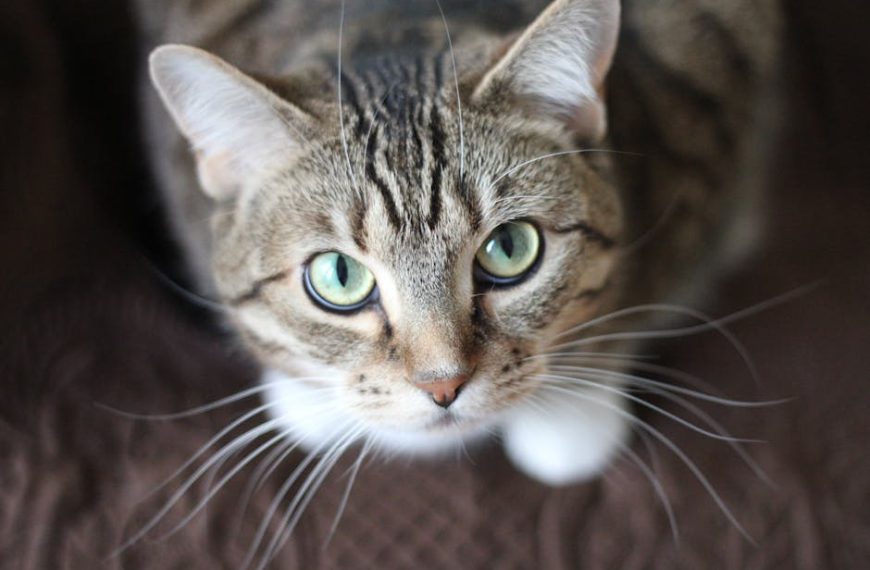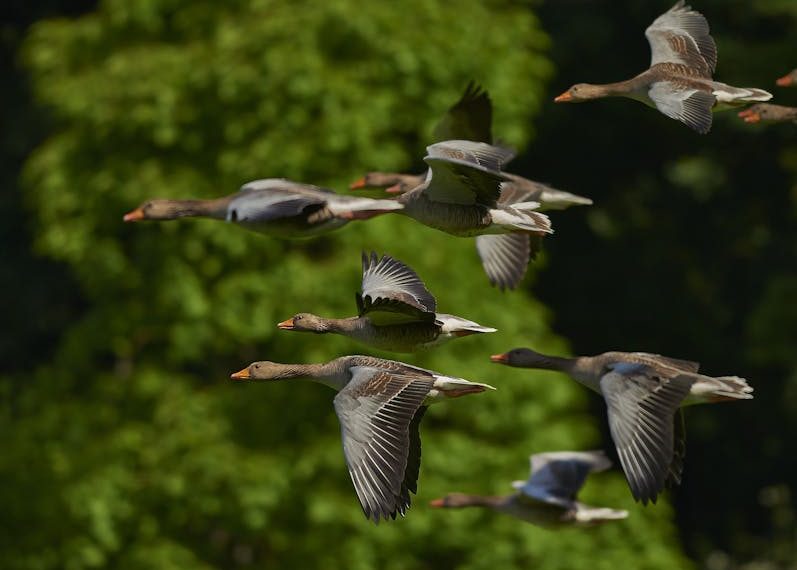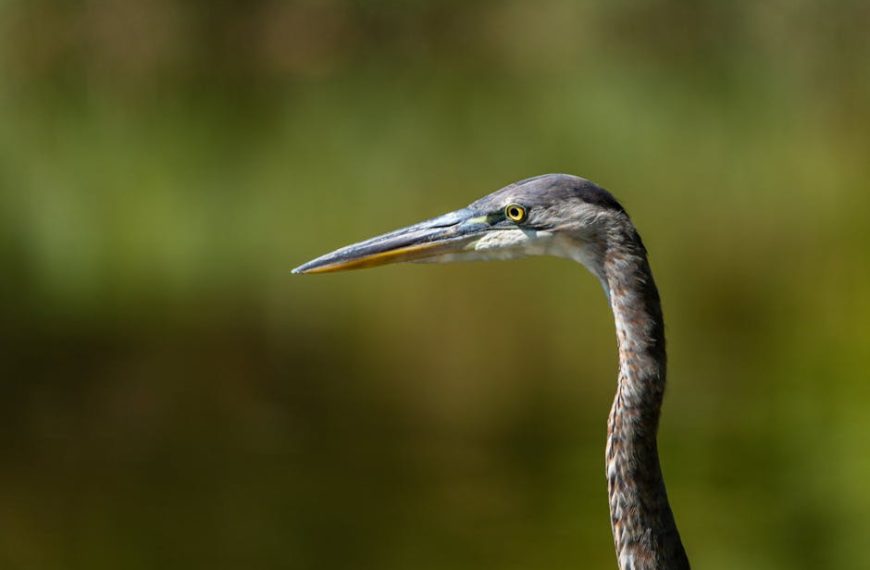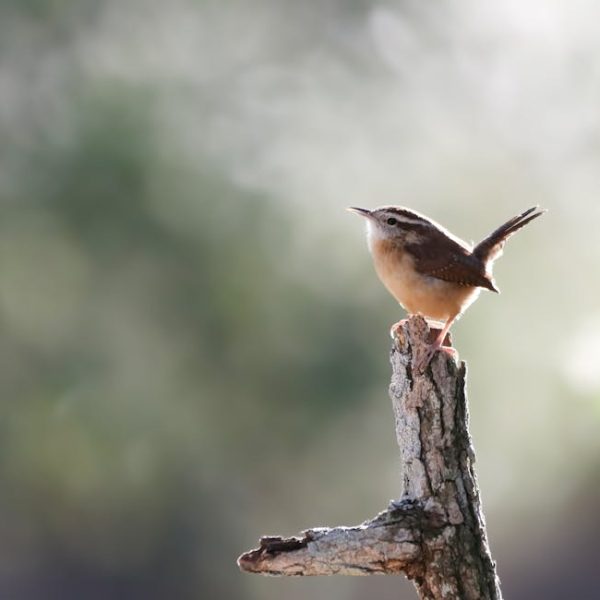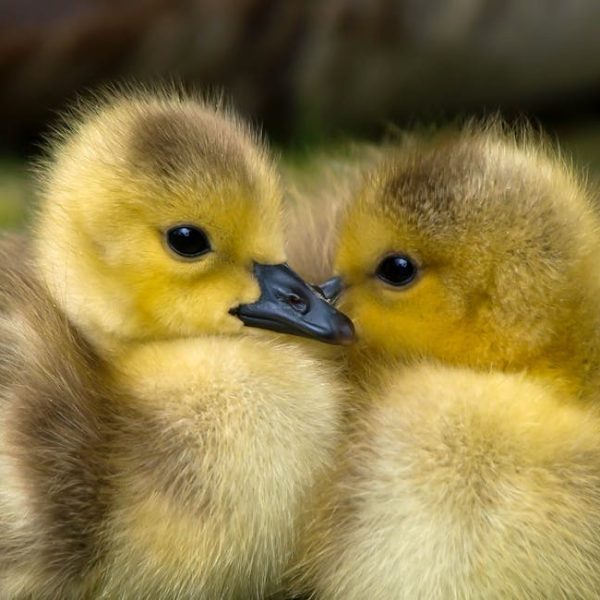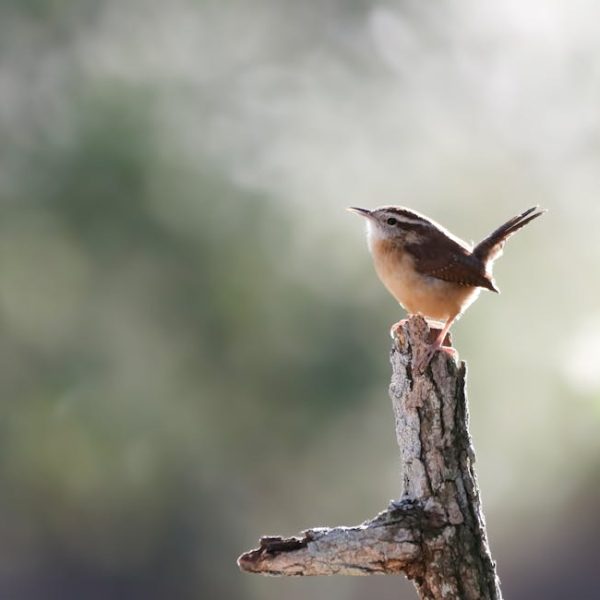Having a swimming pool in your backyard is a luxury many of us dream of. It’s perfect for those summer parties, relaxing afternoons, and impromptu dips. And yet, pool owners often encounter an unforeseen problem: birds. They scavenge for food around your pool, drink and bathe in the water, and sometimes, they can even turn your pool into their playground. So, how can you prevent these feathered invaders from disrupting your serene oasis? Here, we will discuss safe and environment-friendly methods to keep birds out of your pool.
Understanding the Issue: Why Birds are Attracted to Your Pool
Birds, like all living creatures, are drawn to water and food sources — making your pool an attractive destination. Pool water offers a convenient spot for birds to quench their thirst, bathe, and even hunt for bugs or larvae. Reflections from the sparkling water and surrounding vegetation might also draw in curious flying creatures.
Pro Tip :
Different birds pose different problems. For instance, larger waterfowl might leave significant droppings or feathers, whereas smaller birds could get stuck in pool filters. Understanding the species you’re dealing with will help you tailor your bird deterrent strategy more effectively.
Checklist:
- Unusual amount of feathers in or around the pool
- Excessive bird droppings nearby the pool area
- Frequent bird activity and noises
- Noticeable amount of bugs or insect larvae in the pool
The Consequences: Negative Impacts of Bird Infestation in Your Pool
Bird infestation in your pool goes beyond being an annoyance. It can create a host of hygiene, maintenance, and safety issues. Avian droppings, for example, can contribute to algae growth, clog your pool filter, and alter your pool’s pH balance — all of which could damage your pool’s health and your pleasure of using it.
Pros and Cons:
Comparing the impact of small birds like sparrows to larger birds like waterfowl, you might find that while both can be disruptive, larger birds often inflict more harm. Their larger droppings and presence can be more challenging to manage.
Best Practices:
- Regularly test and treat your pool water
- Routinely clean bird droppings and pick up bird feed around the pool
- Maintain the pool area, like trimming back bushes or trees near the pool, which could serve as roosting or nesting spots.
Obviously, bird prevention is a preferable strategy to regular maintenance. But how can you keep birds from being attracted to your pool in the first place? In the next sections, we will explore several non-invasive methods and specialized equipment that can help solve this issue without causing harm to these feathered creatures.
Non-Invasive Methods: Using Safe and Environment-friendly Techniques
When it comes to keeping birds away from your pool, your first line of defense should be methods that do not harm the birds. This includes things like visual scare tactics, sound deterrents, and decoys.
Visual scare tactics, such as balloons with eyes printed on them, scarecrows, or shiny objects that move in the wind, are all good options. These create an environment that birds find unsettling and so they’ll seek calmer areas elsewhere.
Sound deterrents include things like bird distress calls, predator sounds, or simple wind chimes. The key is to create an environment the birds find uncomfortable, but without actually causing them harm.
Decoys work great as well—in particular, swan or owl decoys. These represent natural predators for many birds and will often discourage them from encroaching on their territory.
Top Five Products for Bird Control:
- BirdXPeller Pro Electronic Bird Repeller
- De-Bird: Reflective Scare Discs
- Tanglefoot Bird Repellant Transparent Bird Gel
- Bird B Gone Reflective Scare Bird Diverter
- Holikme Twin Door Draft Stopper
Pro Tip :
Rotate your methods regularly. Birds are smart and may get used to a certain method if it’s used constantly. Changing tactics regularly can help maintain their effectiveness.
Specialized Equipment: Exploring Technological Solutions for Prevention
If non-invasive methods aren’t quite cutting it, you may want to think about investing in some specialized equipment. Several companies offer products like motion-activated sprinklers, ultrasonic devices that emit high-frequency noise birds find irritating, or pool covers that prevent birds from accessing the water at all.
Comparison:
| Method | Effectiveness |
|---|---|
| Manual deterrents (e.g., visual scare tactics, sound deterrents, decoys) | Can be highly effective, especially when rotated regularly. However, require consistent manual input. |
| Technological deterrents (e.g., motion-activated sprinklers, ultrasonic devices) | Generally very effective and require less human input. However, they tend to be more expensive and may require professional installation or maintenance. |
Best Practices:
- Keep all devices clean and in working order
- If using devices that emit sound, ensure they are not causing discomfort to your neighbors
- Rotate devices regularly to maintain effectiveness
Professional Help: When to Call in the Experts
If you’ve tried everything and still can’t seem to keep the birds away from your pool, it might be time to call in the professionals. Pest control services that specialize in bird control can offer more intensive solutions and expert advice tailored to your particular bird problem.
Things to Consider When Choosing a Bird Control Service:
- Reputation and reviews
- The services they offer and their methods
- If they are licensed and insured
Pro Tip :
Research multiple bird control services before deciding on one. It’s important to ensure they use humane methods, have a good reputation, and fit within your budget.
In conclusion, dealing with a bird infestation at your pool can be a daunting task, but with these tips and strategies, you should have a head start in reclaiming your peaceful poolside retreat. Remember, it’s important to handle the situation with care for the birds’ welfare, always opting for non-harmful methods to deter them from your pool. Keep in mind, too, that different methods work better in different situations so don’t be afraid to try a few until you find what works best for you.
Key Takeaway:
- Birds are attracted to pools for a variety of reasons such as drinking and bathing, searching for food, and the pool’s reflections.
- Bird infestations in swimming pools can lead to hygiene and maintenance issues, with larger birds often posing greater challenges.
- Non-invasive deterrent methods like visual scare tactics, sound deterrents, and decoys can effectively keep birds away from your pool without causing them harm.
- Specialized equipment such as motion-activated sprinklers, ultrasonic devices, and pool covers can provide additional prevention, especially if manual deterrents aren’t as effective.
- In scenarios where birds persistently invade your pool, professional bird control services can offer expert solutions.
Maintaining a bird-free pool can be easy when approached with the right tools and knowledge as shared in this guide. Remember to ensure any methods used are safe for birds, as they play an important role in our ecosystem. Now, you have all the information needed to enjoy a tranquil and bird-free poolside experience.
FAQs
Q: How can I prevent birds from nesting in surrounding trees near the pool?
A: You can deter birds from nesting in nearby trees by trimming branches, providing fewer places for them to roost. You can also use bird deterrent products designed to keep birds away from specific areas.
Q: Are bird droppings in the pool harmful to swimmers?
A: Yes, bird droppings can potentially carry diseases which could be harmful to humans if ingested. They can also disrupt the water’s pH balance and foster algae growth.
Q: Will a pool cover prevent all types of birds from accessing my pool?
A: A pool cover can significantly deter birds, but it may not be entirely effective for all bird species, particularly smaller ones which may still find gaps to access the water. It’s best to implement a combination of deterrent strategies.
Q: Are ultrasonic devices safe for household pets?
A: Most ultrasonic devices are safe for household pets, but it’s always better to verify this before purchase. Some frequencies may cause discomfort to certain animals.
Q: Can I hire any pest control service for bird problems?
A: Not all pest control services specialize in bird control. It’s essential to research and choose a service that specifically offers bird control to ensure they use humane and effective methods.
Invite your friends and family, who also struggle with pool bird invasions, to read and learn from this article. Make sure to explore other posts on our website for more useful insights on pool maintenance.
